Staying safe during UK heatwave - essential tips to spot and treat heat exhaustion and heatstroke
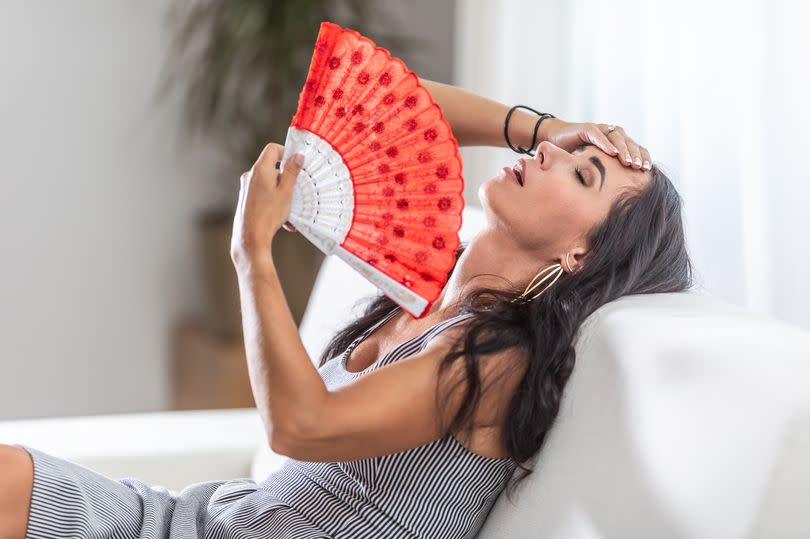
In anticipation of the soaring temperatures expected to top 30C in the coming days, many Brits are eager to break free and bask in the glory of this long-awaited British Summer. After enduring weeks of uncertainty over the forecasted date of warmer weather hitting the UK, sun-lovers will be relieved to know that the Met Office has confirmed a significant temperature rise from Sunday through Thursday.
Senior meteorologist at the Met Office, Liam Eslick, explained: "Temperatures will increase through the week, peaking on Wednesday and Thursday with highs of 30-31C in the South East."
However, not everyone is so keen to revel in the sunshine - and some individuals may find themselves unprotected against these extreme conditions. The UK Health Security Agency has already issued a pre-emptive yellow warning for nearly all regions due to the scorching heatwave, putting those most vulnerable on alert to remain indoors and hydrate frequently.
READ MORE: Exact date UK set for hottest day of the year so far amid 'heatwave' prediction
If you have no choice but to soak up the rays, remember the crucial role sunscreen plays in fighting against sunburn, with the NHS recommending application of SPF30 or higher to maintain healthy, unaffected skin, reports Gloucestershire Live.
People of all ages are also urged to stay well hydrated, as it is essential to consume ample water to prevent negative health implications such as heat exhaustion and the potentially fatal heat stroke. If you're planning to bask in the sun, it's crucial to be aware of the symptoms of both heat exhaustion and heat stroke, so you can take appropriate action if necessary.
Signs and symptoms of heat exhaustion
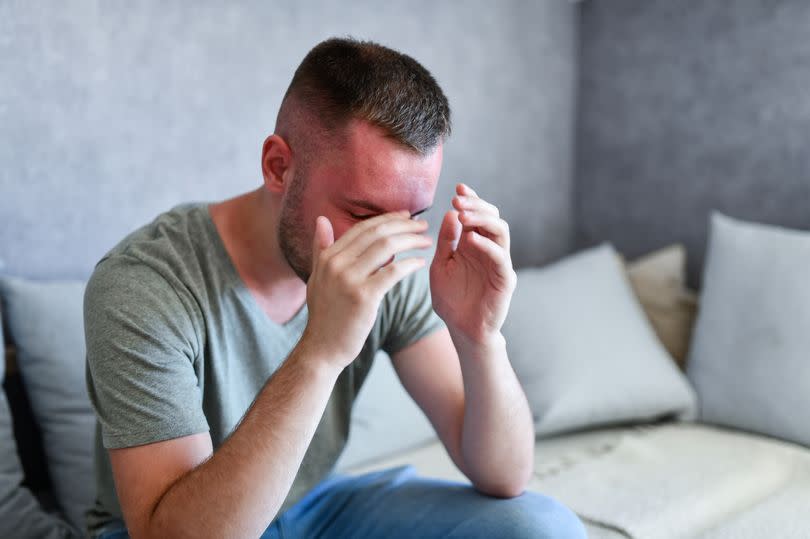
Heat exhaustion doesn't necessitate emergency medical attention, provided the individual can be cooled down within 30 minutes. If the condition persists beyond this timeframe, it could escalate into a medical emergency, necessitating immediate medical assistance.
Here are some signs and symptoms of heat exhaustion:
tiredness
dizziness
headache
feeling sick or being sick
excessive sweating and skin becoming pale and clammy or getting a heat rash, but a change in skin colour can be harder to see on brown and black skin
cramps in the arms, legs and stomach
fast breathing or heartbeat
a high temperature
being very thirsty
weakness
How to manage heat exhaustion
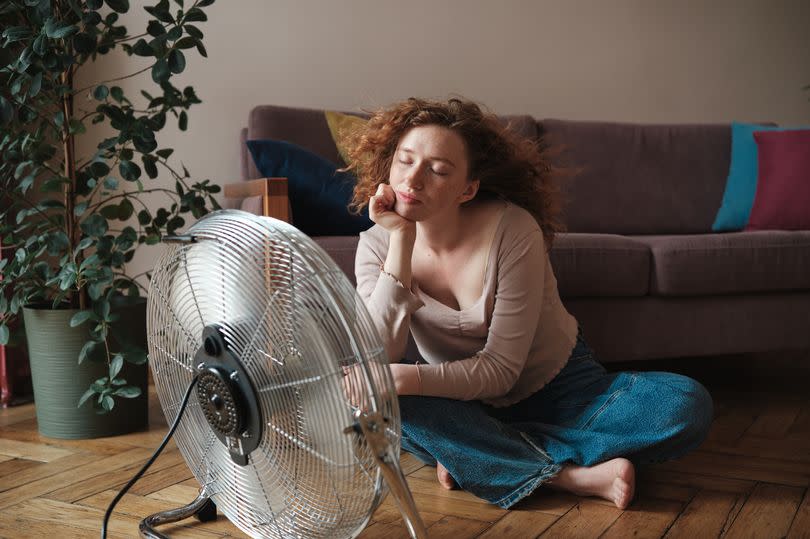
If someone is suffering from heat exhaustion, adhere to these five steps:
Move them to a cool place.
Remove all unnecessary clothing like a jacket or socks.
Get them to drink a sports or rehydration drink, or cool water.
Cool their skin – spray or sponge them with cool water and fan them. Cold packs, wrapped in a cloth and put under the armpits or on the neck are good too.
Stay with them until they're better.
The individual should begin to cool down and feel better within half an hour. However, if this isn't the case, their condition may have advanced to heat stroke, at which point you should dial 999 without delay.
Signs and symptoms of heat stroke
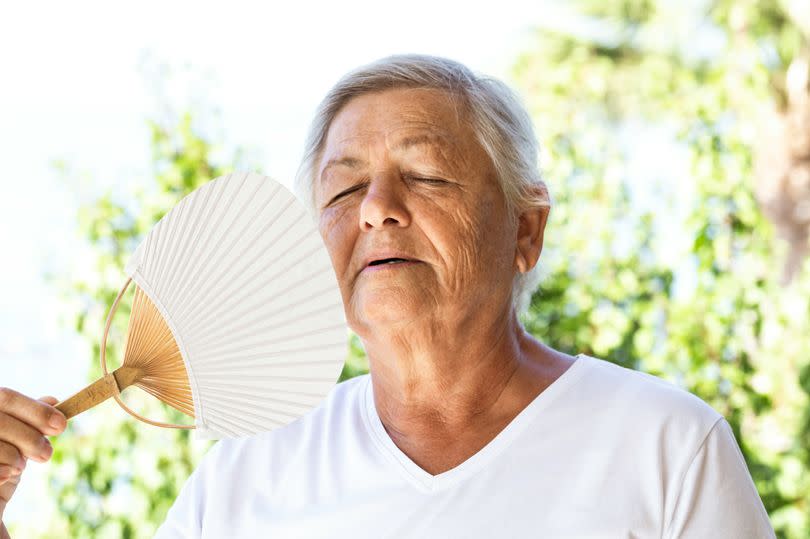
The person is still unwell after 30 minutes in the shade and after drinking fluids
A very high temperature
Hot skin that’s not sweating, it may look red (this can be harder to see on brown and black skin)
A fast heartbeat
Fast breathing or shortness of breath
Confusion and lack of co-ordination
A seizure or fit
Loss of consciousness
Preventing heat exhaustion and heat stroke
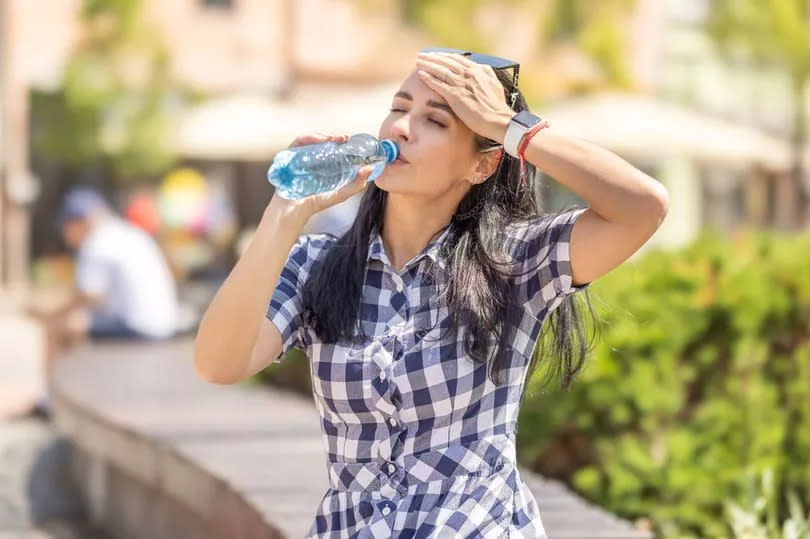
The NHS warns that there's a high risk of heat exhaustion or heat stroke during hot weather or strenuous exercise. Vulnerable individuals such as the elderly, young children, and those with underlying health conditions (like diabetes or heart problems) are particularly susceptible to heat-related illnesses.
Fortunately, there are measures you can take to protect yourself and prevent either condition, including:
Drinking more cold drinks, especially if you're active or exercising
Wearing light-coloured, loose clothing
Avoiding the sun between 11am and 3pm
Avoiding excess alcohol
Avoiding extreme exercise
If you're inside on a very hot day, close curtains, close windows if it's hotter outside than in your home and turn off electrical equipment and lights that get hot.

 Yahoo News
Yahoo News 
